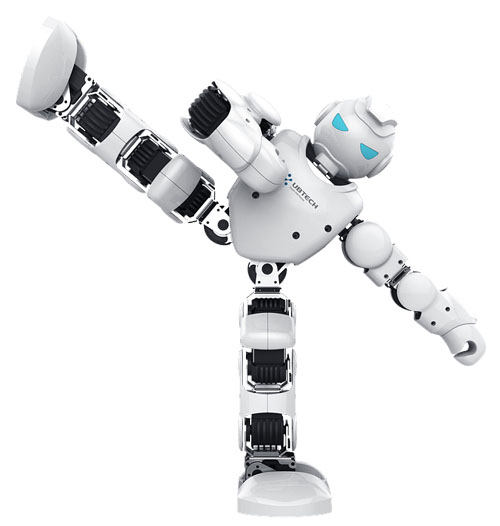In this article, Luca Bucchini, Chair of the European Specialist Sports Nutrition Alliance (ESSNA), the European trade body for sports foods, explains what businesses need to know about AI in the sector.
In recent years, personalised nutrition has emerged as a major trend in sports and active nutrition.
New product development (NPD) increasingly focuses on meeting individual customer needs such as demand for allergen-free sports foods or functional ingredients that enhance performance while aligning with taste preferences.
AI can be a powerful tool when developing customised products. By analysing data and predicting market trends, businesses can optimise product functionality and flavour to meet consumer demand.
AI also enables the creation of products that are tailored to individual genetics, nutrient processing differences and lifestyle patterns.
Ingredient research is another area in which AI capabilities can be extremely useful. With deep learning, businesses can reduce the enormous amount of time their R&D teams usually spend on this.

By focusing their research on a specific ingredient or health benefit with AI, businesses can instantly gain access to relevant insights from tens of millions of studies and dive right into synthesising ideas for new formulations.
Other possible uses of AI include streamlining customer services, for instance, by providing bespoke meal plans, recipes and education about nutrition and performance.
AI is also being used to support the push for sustainability; data from existing systems can be analysed and streamlined so that suppliers better understand how to achieve carbon-neutrality.
Also, the use of AI becomes increasingly appealing when marketing sports and active nutrition products. Tools such as ChatGPT can help to create buyer personas, subsequently generating ideas and keywords for digital content and crafting various forms of written material.
Where’s the catch?
Tools such as ChatGPT have predominantly learnt what they “know” from the Internet, so their knowledge is only as good as the data they’ve been trained on. This presents challenges in terms of ensuring the accuracy and compliance of AI-generated content.
First and foremost, when communicating the health benefits of sports foods, compliance with relevant regulations is essential (such as the EU Nutrition and Health Claims regulation). Businesses cannot rely on AI for this … at least not yet.
Likewise, human expertise remains a key component of the manufacturing process. AI is not yet able to calculate relationships with suppliers or to track the ever-changing costs of hundreds of different ingredients.
This makes it difficult to ensure that any formulation ideas generated using AI are cost-effective. It also takes a human expert to assess practical issues such as ingredient solubility, stability and interaction, which are vital to ensure success when developing new products.
Consumer safety challenges
AI’s integration into sports and active nutrition bring challenges when it comes to consumer safety as well. Although athletes can use AI tools including ChatGPT for nutrition and exercise advice, the United States Anti-Doping Agency (USADA) emphasises the irreplaceable value of human interaction in nutrition counselling.1
A test conducted by USADA with a registered dietitian showed that relying solely on AI for dietary advice can risk undermining performance and health. USADA advises athletes to use AI cautiously, limiting its role to general nutrition suggestions.
EU introduces AI Act: what obligations lie ahead for the industry
On 1 August, the European Union’s Artificial Intelligence Act (AI Act) came into force, following its publication in the EU Official Journal on 12 July. The first of its kind globally, this groundbreaking legislation aims to create a secure and trustworthy environment for the use of AI in the European Union.
The AI Act categorises AI systems and introduces requirements according to different levels of risk, including
- high-risk systems: medical technology and devices that might pose a risk to the health, safety or rights of individuals
- limited risk systems: those that directly interact with natural persons (chatbots), emotion recognition and biometric categorisation systems
- low or minimal risk systems: any AI system that doesn’t fall into the previous categories.
The use of AI in sports and active nutrition would typically fall under the second or third category, for which the legislation foresees only transparency and no obligations, respectively.
Under the AI Act, transparency requirements include allowing “appropriate traceability and explainability while making humans aware that they communicate or interact with an AI system.” The regulation includes fines for violations of the AI Act, ranging €7.5–35 million.
Businesses should also be aware of “AI washing,” wherein services or products are marketed with claims of AI technology involvement even when its use is minimal or non-essential.
The AI Act establishes authorities to ensure compliance and investigate instances of alleged AI washing. Based on member input, ESSNA is developing its guidance on the use of AI in sports and active nutrition to help safeguard consumer safety and foster advances in this area.
Reference
- www.usada.org/spirit-of-sport/nutrition/chatgpt-sports-nutrition-advice/.
